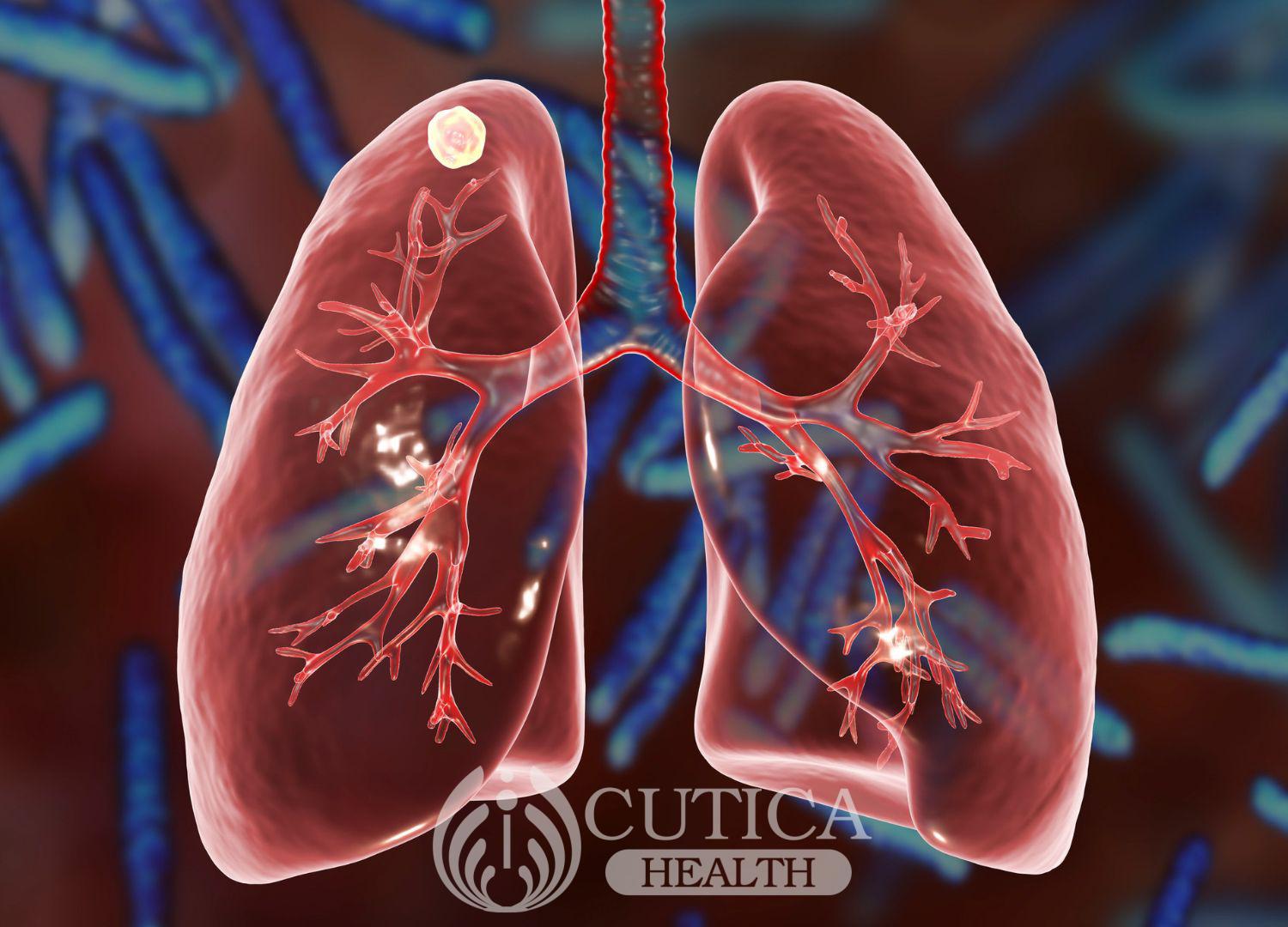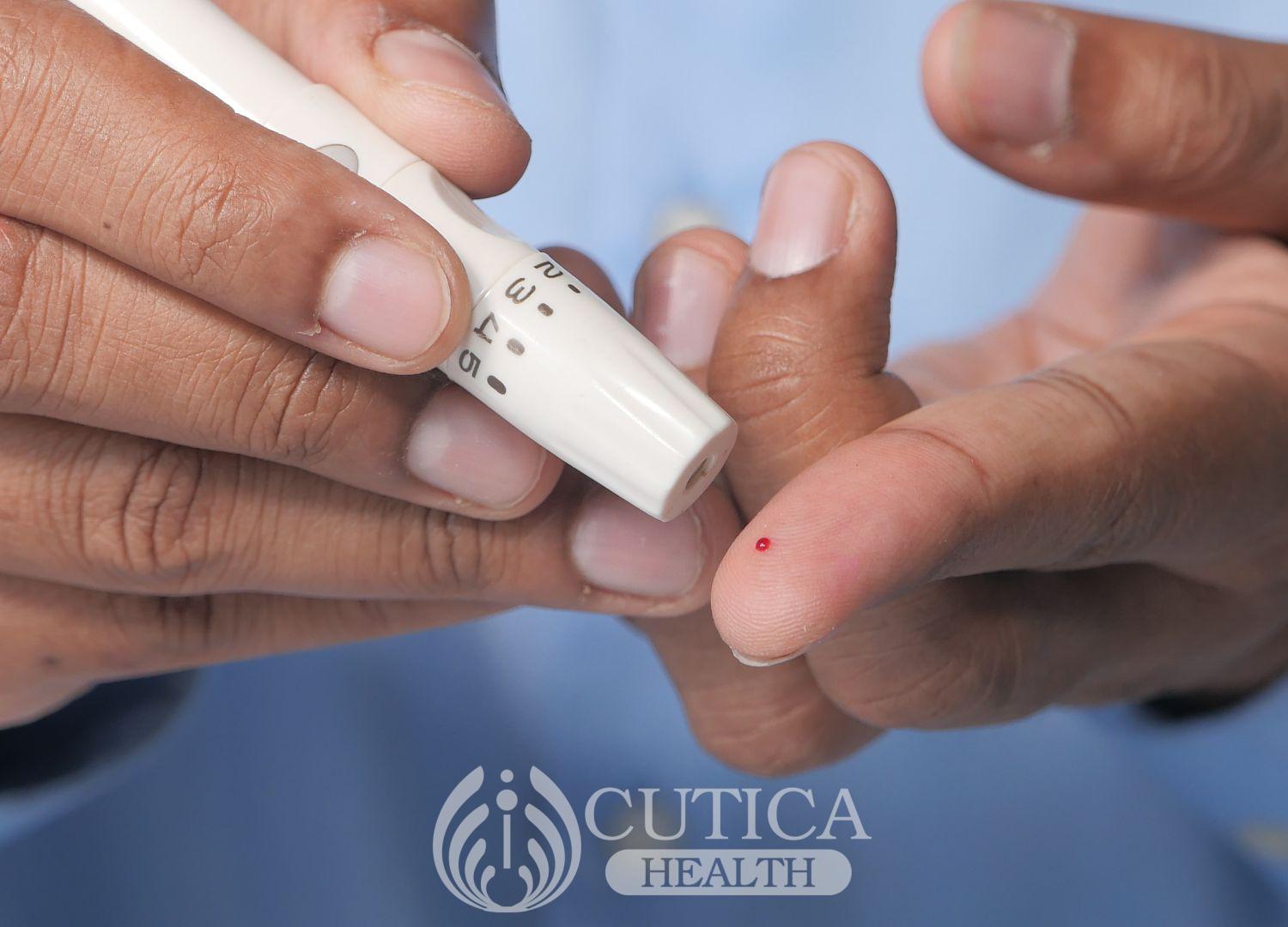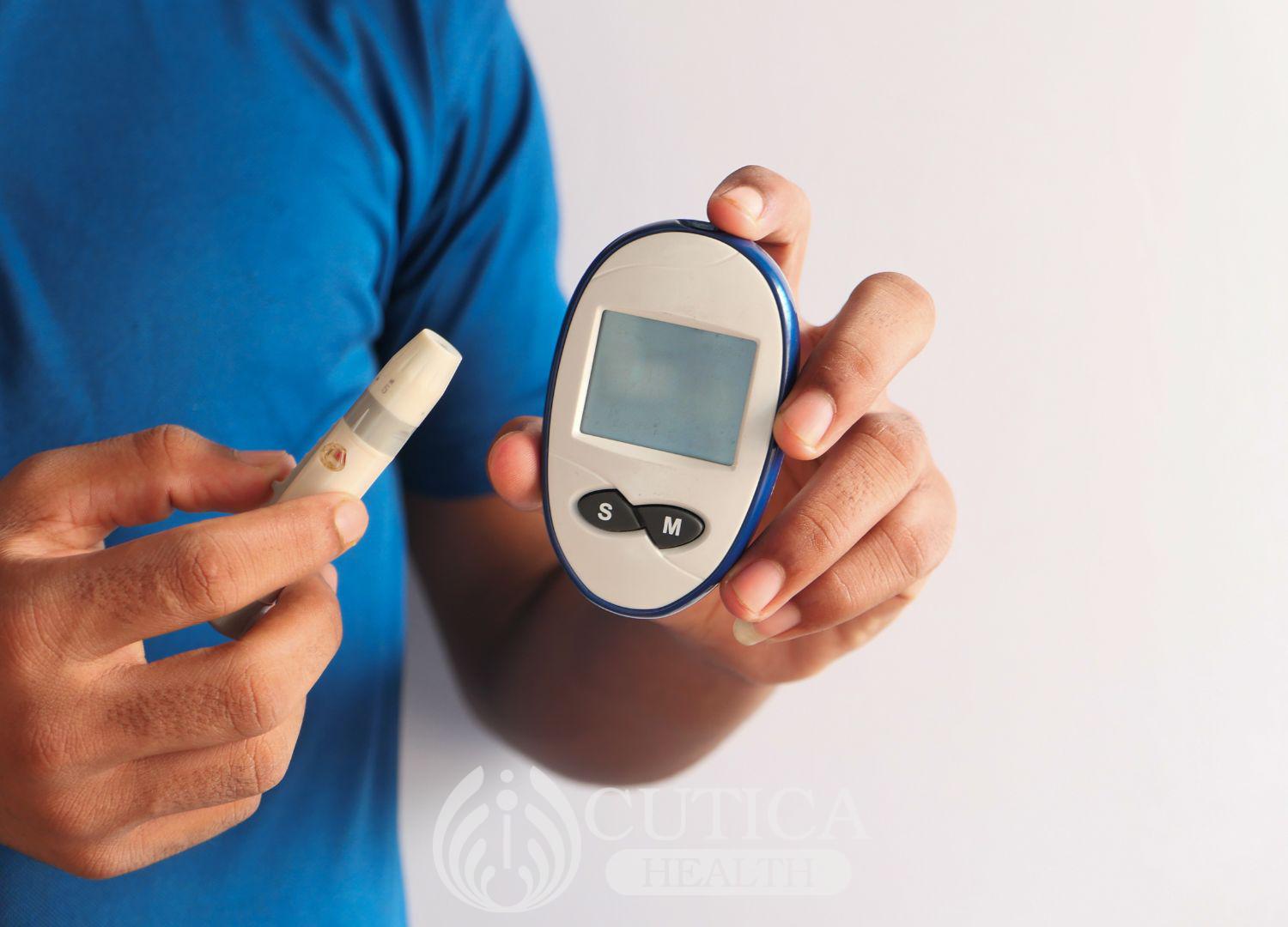
Key Points:
• Hypertension refers to elevated blood pressure.
• If uncontrolled, hypertension can result in a stroke, kidney failure, heart failure, and sexual dysfunction.
• Hypertension may be asymptomatic, though some people experience symptoms such as headache, dizziness, or blurred vision.
When Sarah sat in the hospital reception area, waiting for her annual clinical assessment, she could feel her heart racing. She had always hated going to the doctor’s office. The 55-year-old mother of three had grown to understand the need for regular check-ups after recently learning that the prevalence of various conditions, including hypertension, advanced with age. Moreover, the pamphlet she read on hypertension asserted that individuals of African descent were far more likely to suffer from hypertension than any other group because of a multiplicity of factors.
What is hypertension?

Hypertension is diagnosed when blood pressure is elevated on consecutive measurements. What is considered normal blood pressure has changed over the years. Ideal blood pressure is now considered a systolic blood pressure reading of 120 mmHg or lower, and a diastolic pressure reading of 80 mmHg or lower. A long term and well-known condition, hypertension affects approximately 1.3 billion people worldwide. Unfortunately, this condition may also go unchecked for several years, and lead to various debilitating complications. Some of the major ones are stroke, heart failure, kidney failure, and erectile dysfunction.
What puts you at risk of getting hypertension?
Hypertension is associated with a variety of risk factors, including unhealthy diet. Excessive salt intake, in particular, dramatically increases one’s chances of getting this disease, and makes it difficult to achieve control. Many experts recommend that the average person should consume not more that 2,300 mg of salt per day. Persons with high blood pressure may even need to take a lower amount. The challenge is that the salt content in common food items is not often obvious. In fact, many common meals contain more than the recommended daily salt limit!

Other risk factors for high blood pressure include low physical activity, excessive alcohol consumption, and obesity. Finally, hypertension tends to run families, so a person whose family members have hypertension is more likely to develop it. Such persons may develop high blood pressure at an early age, sometimes as early as their 20s. The risk increases with age, with most sufferers developing it by age 40 or 50. The risk continues to increase as one gets even older. Complications of hypertension are accelerated by lifestyle factors such as smoking and a diet high in unhealthy fats.
What are some signs and symptoms of this condition?
For numerous persons, hypertension is silent, meaning asymptomatic, until tragedy strikes. This is why screening for hypertension is important. Have you been screened? Do you know your blood pressure?
Lucky persons may experience warning symptoms of hypertension, such as regular headaches, especially in the morning. Some experience dizziness, visual disturbances, or other non-specific symptoms.
Of importance is that there are circumstances where high blood pressure is noted on a visit to the doctor’s office, but not at other times. This form of hypertension is due situational anxiety, and is termed, ‘white coat hypertension’. White coat hypertension does not need to be treated.
What can you do to prevent or manage hypertension?

A low-salt diet, enriched in vegetables, fruits, whole grains, white meats, and nuts promotes health. Therefore, be mindful of the amount of salt in everything you eat. Become a salt checker. Regular exercise and weight management also go a long away in keeping hypertension at bay. Alcohol should be consumed in moderation, if at all. Avoid undue stress and make restful sleep a priority.
For many people, lifestyle measures are not enough, and they have to take medications for hypertension. In fact, it is common to require more than one medication to achieve good blood pressure control. There is nothing wrong with taking medications for hypertension. What is wrong is having undiagnosed or uncontrolled hypertension. So, go on and have a healthy life! Remember to consume less salt for a sweeter life.












